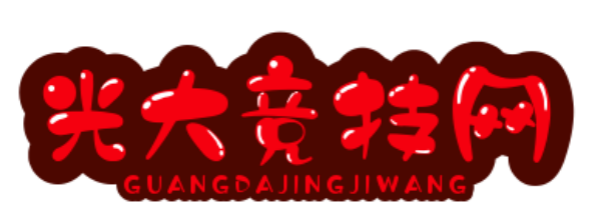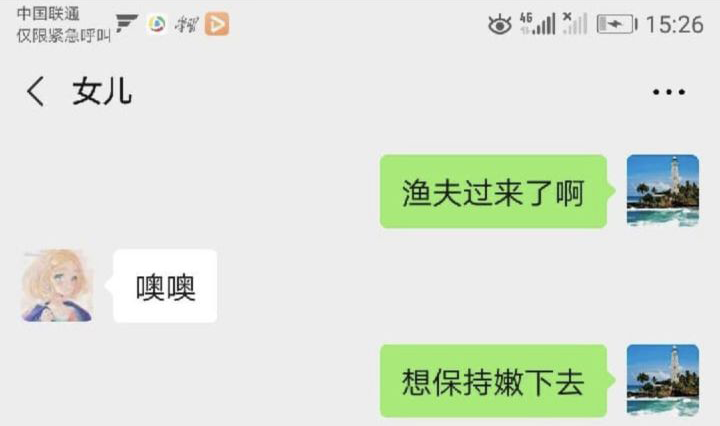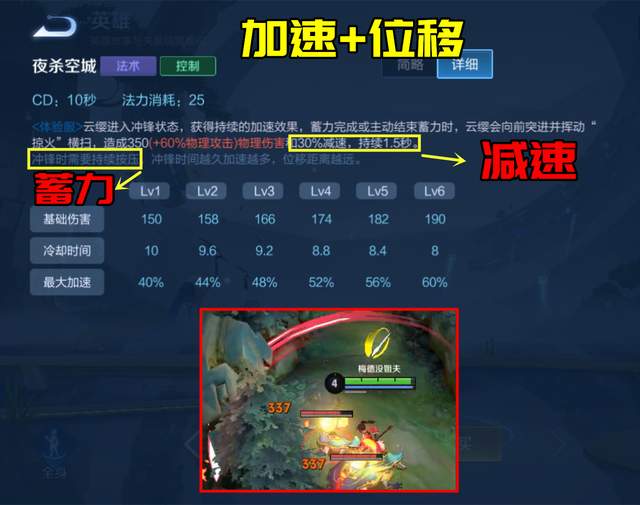Introduction
As we grow older, our understanding of the world expands and broadens. This is especially true when it comes to language learning. While English has become one of the most widely spoken languages in the world, it's not always easy for non-native speakers to learn or remember certain phrases and expressions. One phrase that frequently comes up in conversation is "Do you know" or "Have you met". As someone who is proficient in both English and Mandarin Chinese, I have found these phrases useful and comforting. In this article, I will be discussing the translation of "Do you know" from English to Mandarin Chinese.
Part 1: "Do you know" as an English短语
In English, "do you know" is often used as a greeting or as a way to express uncertainty. It can also be used to ask about someone's knowledge or experience. The translation of "do you know" in Mandarin Chinese would be "你会说普通话吗?" or "你会说英语吗?".
Part 2: Understanding the cultural context of "Do you know"


It's important to understand the cultural context in which a phrase or expression is being used. In English, "Do you know" is often used in casual conversations, but in more formal settings such as business meetings or academic conferences, it may be considered impolite or inappropriate. In Mandarin Chinese, on the other hand, "会说普通话吗?" is considered appropriate in a variety of situations.
Part 3: Using "Do you know" effectively
To use "Do you know" effectively in Mandarin Chinese, it's important to understand how to structure the sentence properly. In English, the sentence structure typically includes the subject, verb, and object, with the question word coming at the end. However, in Mandarin Chinese, the order of elements is generally different, with the subject usually coming first, followed by the verb and then the object. Additionally, in Mandarin Chinese, some particles like "吗?" (yě?) are commonly used to indicate politeness or agreement, so using them correctly can make your statement more polite.
Conclusion
In conclusion, while "Do you know" is a common phrase in English, its translation into Mandarin Chinese requires a deeper understanding of the cultural context and proper sentence structure. With practice and patience, however, anyone can learn to communicate effectively in Mandarin Chinese using "Do you know." By expanding our vocabulary and mastering the language, we can improve our ability to connect with people from different backgrounds and cultures.

王佳怡是一位才华横溢的年轻艺人,以其独特的魅力和出色的表演技巧赢得了广大粉丝的喜爱,她不仅在演艺事业上取得了显著的成就,还在社交媒体上积极分享自己的生活点滴,赢得了众多粉丝的关注和喜爱。
王佳怡出生于一个充满艺术氛围的家庭,从小就展现出了对表演的浓厚兴趣和才华,她勤奋好学,不断努力提高自己的表演技巧,逐渐在演艺圈崭露头角,她的表演风格独特,能够很好地把握角色的情感和表现力,深受观众喜爱。
除了在演艺事业上的出色表现,王佳怡还是一位热心公益的人,她积极参与各种公益活动,为社会做出了贡献,她用自己的影响力呼吁更多的人关注社会问题,积极参与公益事业。
在社交媒体上,王佳怡也是一个活跃的社交媒体用户,她经常分享自己的生活点滴,与粉丝互动交流,分享自己的经验和心得,她的微博、抖音等社交媒体账号都受到了广大粉丝的关注和喜爱。
王佳怡是一位才华横溢的年轻艺人,她在演艺事业上取得了显著的成就,同时也积极参与公益事业,她的才华和努力赢得了广大粉丝的喜爱和尊重,如果你对王佳怡感兴趣,可以通过她的社交媒体账号了解更多关于她的信息。














